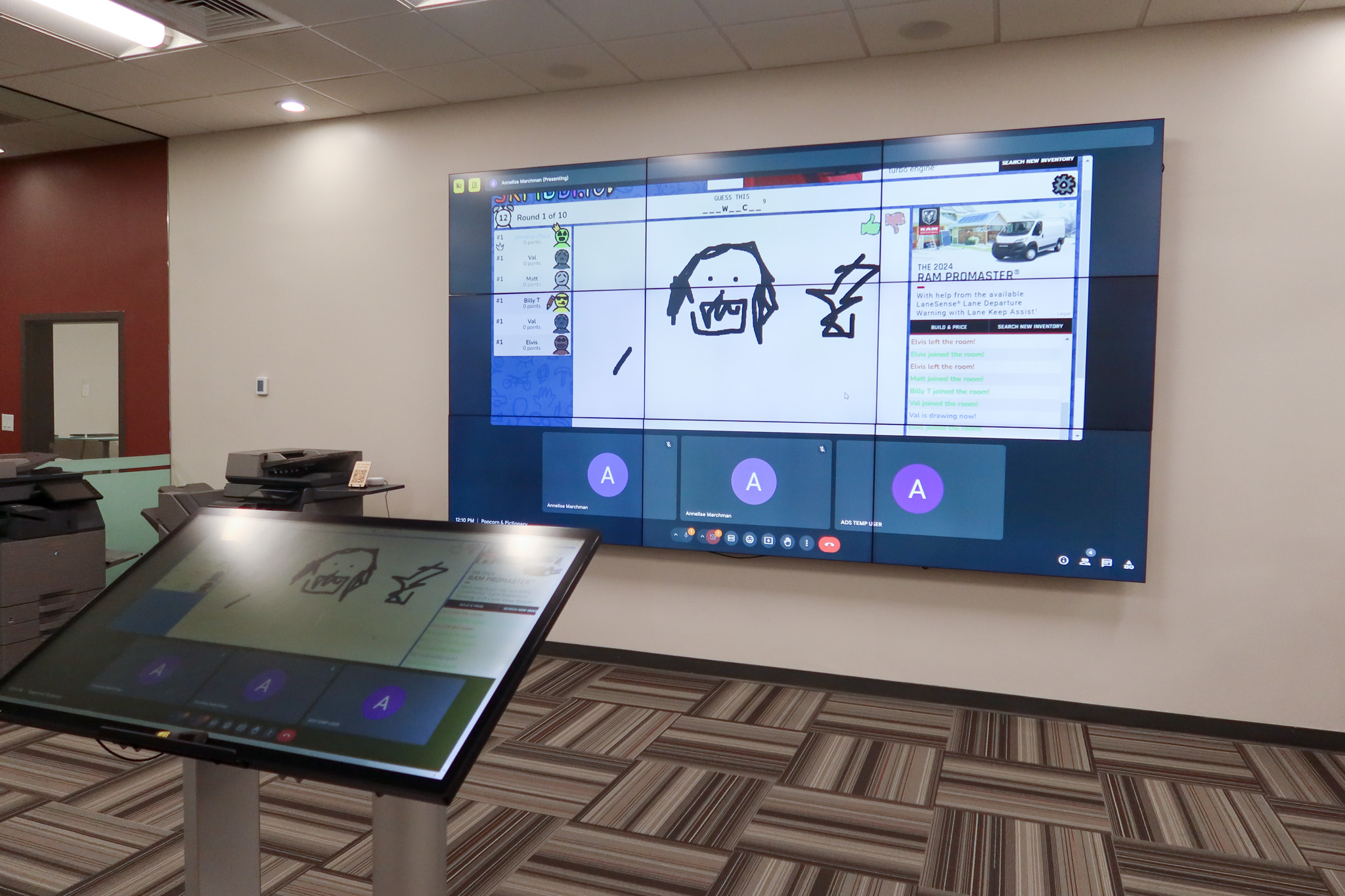Let’s be honest—when you need answers fast, your first instinct is probably to Google it. And for good reason! Google is great for finding websites, news articles, and quick facts. But with AI tools like ChatGPT on the rise, when should you use AI instead of a search engine?
The truth is, both have their strengths. Google is like a giant library that helps you locate information across the web. Conversely, ChatGPT acts more like a knowledgeable assistant that gives you direct answers, summaries, and even helps you brainstorm. Knowing when to use each tool can save you time and optimize them effectively. Let’s take a closer look.
When to Use Google
Google has long been the “friend in need” for finding information. It is best to google when you’re looking for:
1. Up-to-Date or Breaking News
When it comes to real-time updates—whether it’s the latest headlines, sports scores, or stock market trends—Google is your best bet. Search engines constantly index new content from news outlets, blogs, and official sources to ensure you get the most current information. On the other hand, ChatGPT doesn’t always have real-time access to the latest developments, so its responses might be outdated or based on historical data rather than breaking news. For example, if you search “latest iPhone release date” on Google, you’ll instantly see recent news articles, Apple’s official announcement, and even preorder details from major retailers.
2. Official Sources & Research
When you need accurate, verified information from government websites, medical journals, or official company pages, Google is the way to go. Search engines prioritize authoritative sources to help you find trustworthy data backed by research and expert consensus. ChatGPT can summarize general knowledge on a topic, but for official policies, legal documents, or scientific studies, it’s always best to go directly to the source. For instance, if you’re looking for the CDC’s latest health guidelines, a quick Google search will take you straight to their official website for the most up-to-date and reliable information.
3. Websites, Products & Local Services
Need to find a great restaurant nearby or shop for the best wireless earbuds? Google is your go-to tool for discovering businesses, comparing products, and reading customer reviews. Search engines are designed to pull results from various websites, maps, and online stores, giving you a well-rounded view of your options. ChatGPT can offer general recommendations but doesn’t provide real-time listings, prices, or user-generated reviews like Google does. Therefore, when searching for the best sushi restaurant near you, Google will show you a list of nearby spots with ratings, customer reviews, hours of operation, and directions to help you make a quick decision.
When to Use ChatGPT
ChatGPT shines when you need quick, direct answers, explanations, or creative assistance—without the hassle of scrolling through multiple search results.
1. Instant Answers & Summaries
If you’re looking for a straightforward explanation without diving into multiple sources, ChatGPT can break down complex topics into easy-to-understand summaries. It can provide:
- Quick and clear explanations so you do not have to sift through long articles or technical jargon.
- Customizable responses so you can ask for a simpler explanation, examples, or even an analogy to better understand the concept.
For example, instead of searching through multiple web pages, you can ask, “What is quantum computing in simple terms?” and get a concise, beginner-friendly explanation right away.
2. Writing & Content Creation
ChatGPT can be useful if you’re struggling with writer’s block. Need help writing an email, brainstorming blog ideas, or even crafting a clever social media caption? AI can generate creative content tailored to your needs or provide inspiration to build on. It is great for:
- Quick drafts – Get a polished email, blog outline, or caption in seconds.
- Idea generation – Stuck on what to write? ChatGPT can suggest topics, headlines, and content structures.
- Tone adjustment – Need something formal, friendly, or humorous? AI can adapt the writing style to fit your audience.
3. Problem-Solving & Coding Help
Stuck on a technical issue or debugging a piece of code? ChatGPT can walk you through solutions step by step, explain errors, and even suggest improvements.
Here’s how ChatGPT can assist:
- Debugging Assistance – Get explanations for error messages and suggestions for fixing them.
- Code Optimization – Ask for best practices or ways to make your code more efficient.
- Concept Clarification – Need help understanding a coding concept? ChatGPT can break it down in simple terms.
So the next time your Python script gives you a syntax error, ask ChatGPT. It will analyze your code, point out the mistake, and suggest possible fixes—saving you time and frustration.
4. Learning & Personalized Explanations
ChatGPT is great for breaking down complex topics in a way that makes sense to you. Unlike Google, which provides a list of links, AI can deliver customized explanations based on your knowledge level or preferred learning style.
Here’s how ChatGPT helps:
- Simplified Explanations – Get concepts explained in easy-to-understand terms, whether you’re a beginner or an expert.
- Analogy-Based Learning – Need a real-world comparison? AI can relate ideas to everyday experiences.
- Step-by-Step Guidance – Ask for a detailed breakdown of how something works, one step at a time.
For example, for complex subjects, ask ChatGPT to explain it like you’re a beginner, and you’ll get a response that’s easier to digest than reading a dense Wikipedia page.
The Best of Both Worlds
Why choose one when you can have both? A smart approach is to combine both tools depending on what you need.
Use Google to find verified sources, browse websites, and stay up-to-date with breaking news and real-time information.
Use ChatGPT to quickly summarize information, brainstorm ideas, and get direct, personalized answers without sifting through multiple links.



